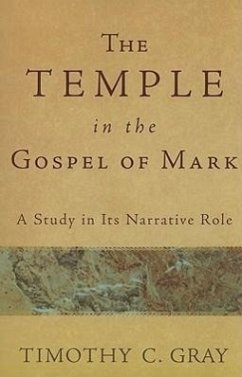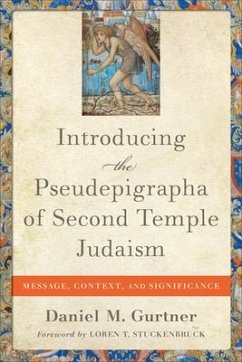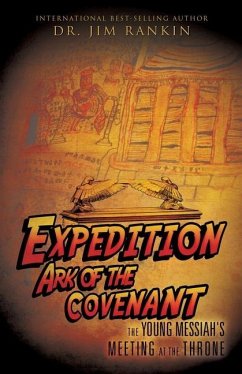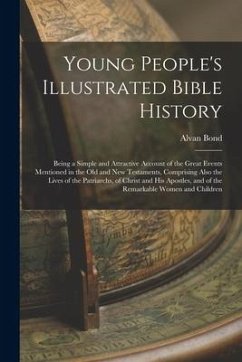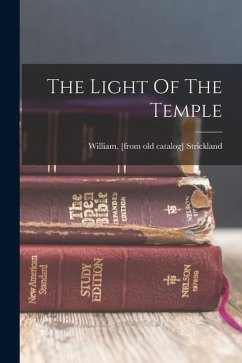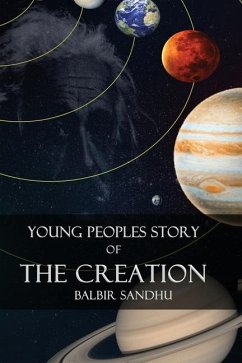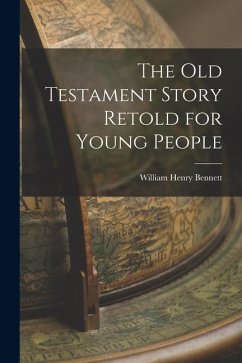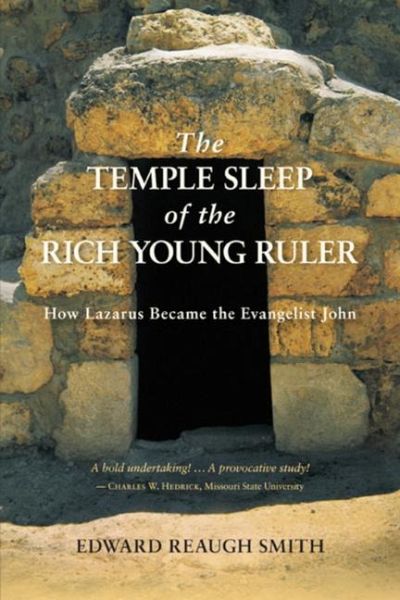
The Temple Sleep of the Rich Young Ruler
How Lazarus Became the Evangelist John
Versandkostenfrei!
Versandfertig in über 4 Wochen
24,99 €
inkl. MwSt.

PAYBACK Punkte
12 °P sammeln!
Who wrote the Gospel of John? The author identifies himself only as "the disciple whom Jesus loved," and Christian tradition tells us that this disciple was the apostle John. However, during the past century, scholars have increasingly come to doubt that attribution. In 1902, Rudolf Steiner wrote that the author of the Gospel of John was in fact Lazarus. Steiner's position stemmed from his insight that Lazarus's encounter with death involved far more than people realized--an initiation into higher spiritual realities that uniquely qualified him to write this gospel. Edward Smith takes up this ...
Who wrote the Gospel of John? The author identifies himself only as "the disciple whom Jesus loved," and Christian tradition tells us that this disciple was the apostle John. However, during the past century, scholars have increasingly come to doubt that attribution. In 1902, Rudolf Steiner wrote that the author of the Gospel of John was in fact Lazarus. Steiner's position stemmed from his insight that Lazarus's encounter with death involved far more than people realized--an initiation into higher spiritual realities that uniquely qualified him to write this gospel. Edward Smith takes up this argument and shows that subsequent research has tended to favor Lazarus for reasons grounded in John's Gospel itself. More important, Smith shows that subsequent discoveries at Nag Hammadi and Mar Saba corroborate Steiner's reasoning about the nature of the raising of Lazarus, pointing to Lazarus as "the rich young ruler" of Mark's Gospel.



